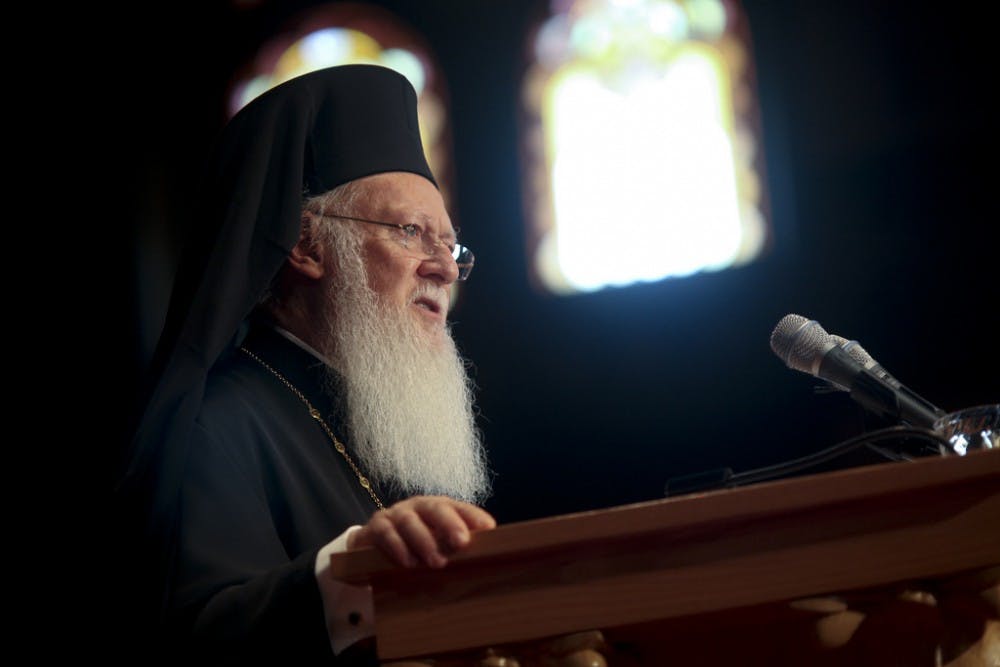In its response to a legal complaint filed by the leader of the Eastern Orthodox Church, the University has denied all allegations that it unlawfully possesses ancient Eastern Orthodox manuscripts and has requested to be awarded legal costs.
The original lawsuit, filed in December 2018, claimed that Bulgarian guerrillas illegally removed four Eastern Orthodox texts dating back to the Byzantine Era from a monastery in Northern Greece in 1917, which then made their way into the possession of the University.
The plaintiffs believe that the University’s possession of these manuscripts is therefore unlawful and have demanded their return.
In the legal document filed by the attorneys for the Trustees of the University on Friday, Feb. 22, the University not only affirmed its lawful possession of the manuscripts, but also asserted that it “is without knowledge or information necessary” to determine whether the plaintiffs were ever the texts’ legitimate claimants in the first place.
The document further states that evidence suggests two of the manuscripts in question “were gifted to St. Andrew of the Russians in 1877 – long before 1917.”
The University emphasized that “Greek Manuscripts at Princeton, Sixth to Nineteenth Century: A Descriptive Catalogue” — which the plaintiffs cited in their legal filing as evidence against the University — was published by the Department of Art and Archaeology and circulated by the Princeton University Press, an independent distributor.
The document also suggests that there is insufficient evidence to show that the assault on the Greek monastery in 1917 was perpetrated by Bulgarian troops, or that the stolen material included the manuscripts in question.
In the response, the University requested that the case be dismissed without prejudice, and that it be awarded costs “expended in defending this litigation.” The University has also requested that it be declared the owner of the manuscripts, and that it be awarded any other relief that the Court deems appropriate.
University spokesperson Michael Hotchkiss deferred comment to the statement he relayed to The Daily Princetonian in a previous news story.
“Based on the information available to us, we have found no basis to conclude that the manuscripts in our possession were looted during World War I or otherwise improperly removed from the possession of the Patriarchate,” Hotchkiss said.
“We will continue to give prompt and meaningful consideration to any additional research and documentation provided, and we have encouraged those who believe they have any new information to contact us,” he continued.
George Tsougarakis, legal counsel of the plaintiffs, did not comment by the time of publication.









